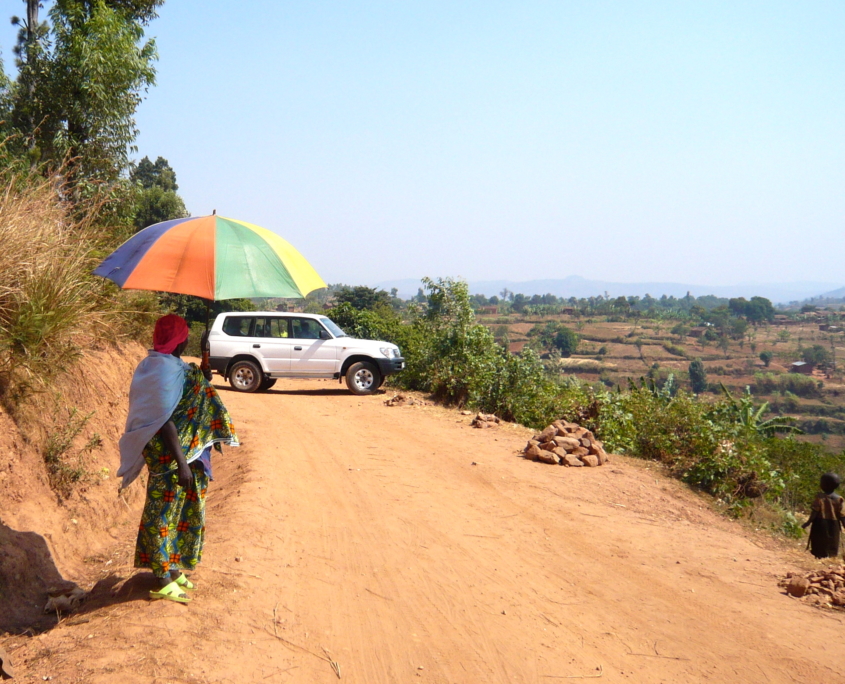The Rwandan Genocide: Consequences and Yearly Remarks

Rwanda. 1994. 100 days. This was all it took for a band of Hutu extremists to commit the Rwandan Genocide, killing just under a million civilians. The 1994 genocide against the Tutsi in Rwanda has prompted yearly remarks around the world. The United Nations sponsors these, discussing the horrific implications of the event. Survivors have come forth to tell their stories as they work to make impacts to prevent genocides in the future.
What Was The Rwandan Genocide?
Two neighboring castes lead Rwanda; the Tutsis and the Hutus. The 1994 Rwandan Genocide against the Tutsi was a power struggle between these dividing castes. Although the Hutus largely outnumbered the Tutsis, with “about 85% of Rwandans,” the Tutsi had been in power for a long time. In 1959, the Hutus overthrew the Tutsi monarchy and civilians fled to neighboring countries. Rwanda remained under the Hutu dictatorship for many years following.
Long thereafter, a group of Tutsi exiles formed a rebel group known as the Rwandan Patriotic Front (RPF). They stormed Rwanda in 1990 and fought until 1993 when both parties agreed upon a peace deal.
However, the peace agreement broke on April 6, 1994, when a plane carrying President Juvenal Habyarimana, a known Hutu, was shot down. Hutu extremists blamed the RPF for the killing. Soon thereafter started the mass genocide that resulted in the killing of over 800,000 people. Government troops backed up the Hutus, many of whom forced civilians and youths to fight and to exercise the slaughters. The RPF stormed the capital, Kigali, on July 4, 1994, to gain back power.
Help from The World Food Programme
The Rwandan genocide forced many civilians into starvation, often unable to provide for themselves or their families. The World Food Programme provided emergency food assistance to those in need, targeting the “fundamental role food plays for vulnerable communities fleeing from conflict.” One Rwandan that the WFP helped is Liberee Kayumba. A survivor of the genocide, she was only 12 when she lost both of her parents and brother, experiencing starvation following the conflict. Now working as a monitoring officer for the Mahama Refugee Camp organization, she helps others suffering from food insecurity.
On the WFP’s Website, Liberee tells her story. She says that the memories from the genocide helped motivate her to want to help people in need. Liberee remembers how food availability was the main problem after the genocide for her and other survivors. Therefore, she has exact memories of the meals the WFP distributed, which she thinks saved her life.
The United Nations Conducts The International Day of Reflection
The U.N. has mandated an information and educational outreach programme to help survivors and others cope with the ramifications of the Rwandan Genocide and their resulting losses. This program emerged in 2005 with the main themes of preventing genocide and supporting survivors. Around the world, events such as “roundtable discussions, film screenings, exhibits and debates” occur yearly.
The slogan of 2020’s event was International Day of Reflection. It marked the 26th anniversary of the genocide, with a virtual observance for all to join in on. Multiple officials and survivors made sure to show up, including Jacqueline Murekatete. She is a lawyer, human rights activist and founder of the nonprofit organization Genocide Survivors Foundation. Murekatete lost her entire family in the 1994 Rwandan Genocide when she was only 9 years old.
The U.N.’s yearly observance reminds us to reflect on past events and recount what we can do to promote resilience and growth among countries facing hardships. Those this horrific event impacted have the chance to mourn and reflect, looking toward the greater good as individuals strive to create a better future for all.
– Natalie Whitmeyer
Photo: Flickr
